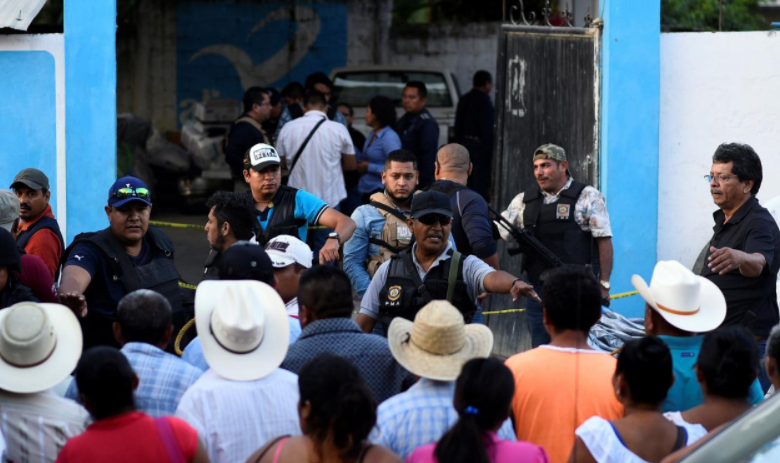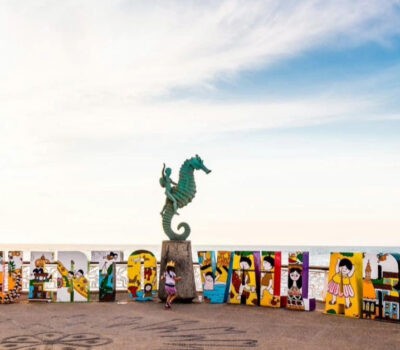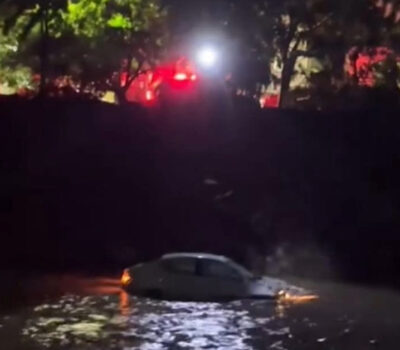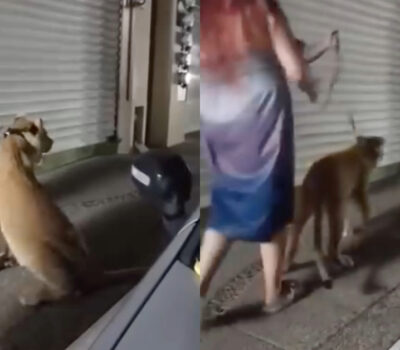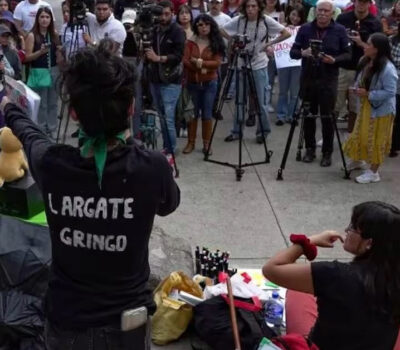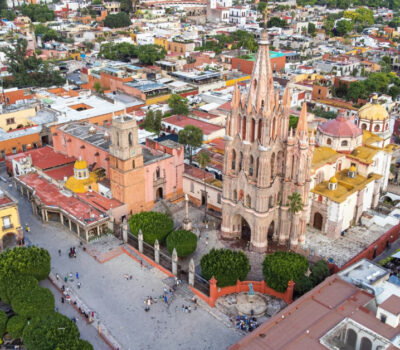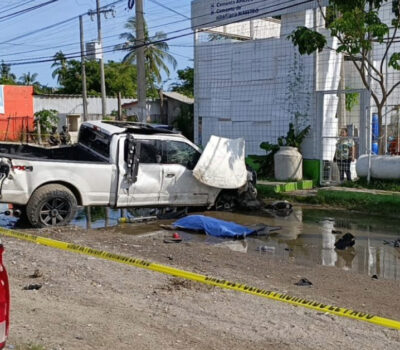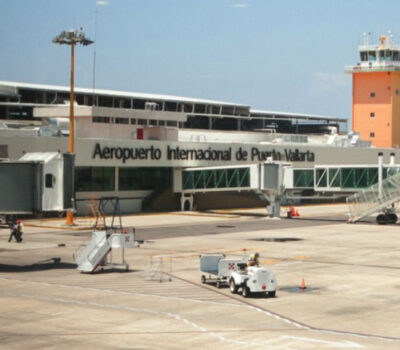Magda Rubio had just launched her campaign for mayor of a small city in northern Mexico, when a chilling voice came through her cell phone. “Drop out,” the caller warned, “or be killed.”
It was the first of four death threats Rubio said she has . . .

